NIH Funds UAB-Vivo Biosciences Research Team in Vascular Grafts
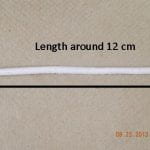
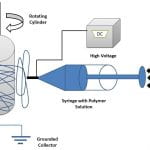
NIH-National Center for Advancing Translational Sciences (NCATS) has funded a UAB-Vivo biosciences research team for conducting translational research on vascular grafts led by Principal Investigator Yogesh K. Vohra, PhD. This Phase-I award of $192,314 is under the Small Business Technology Transfer (STTR) program. Approximately 1.4 million surgical procedures that require arterial prostheses are performed annually in the US due to peripheral vascular disease and ischemic heart disease; approximately 500,000 of these are coronary artery bypass operations. The current commercially available synthetic grafts have not been found suitable for small vessel (<6 mm) applications, with a <50% patency rate at 12 months. Disadvantages of prosthetic grafts include increased risk of thrombosis, poor tissue response and integration and poor biomechanics of graft, leading to additional interventions. Because there are no acceptable synthetic prostheses for small-diameter blood vessels, there is a huge demand for tissue engineered vascular grafts, especially small diameter vascular grafts for coronary replacement. The overall goal of this new program is the development and evaluation of a novel functionally-graded biohybrid vascular graft for small diameter for coronary bypass applications. Tissue engineered vascular constructs developed to date have been engineered mostly using synthetic and animal-derived biomaterials and require pre-seeding of cells before implantation to overcome the complications of prosthetic vascular grafts. However, these biohybrid systems exhibit many limitations including poor cellular adhesion, inadequate biomechanical and functional properties. The UAB research group has recently demonstrated an in vitro regenerated human endothelium on functionally-layered polymeric scaffolds containing bioactive proteins (Figure below). Moreover, Vivo Biosciences has developed a unique human biomatrix (HuBiogel™) that allows viable tissue constructs by cultivating single or multiple cell types. The research team will combine our functionally-layered graft strategy with this physiological HuBiogel culture technology for fabricating an advanced 3D vascular construct demonstrating enhanced lumen endothelialization and biocompatibility. Our research team includes Dr. Yogesh Vohra (PI, UAB Physics/College of Arts and Sciences) Dr. Vinoy Thomas (UAB MSE/School of Engineering) Dr. Steven Pogwizd (School of Medicine – Cardiovascular Disease)
and Dr. Raj Singh (President -Vivo Biosciences).

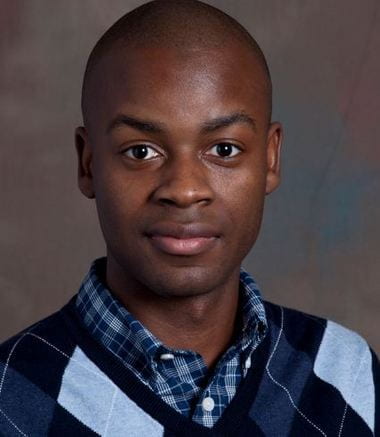
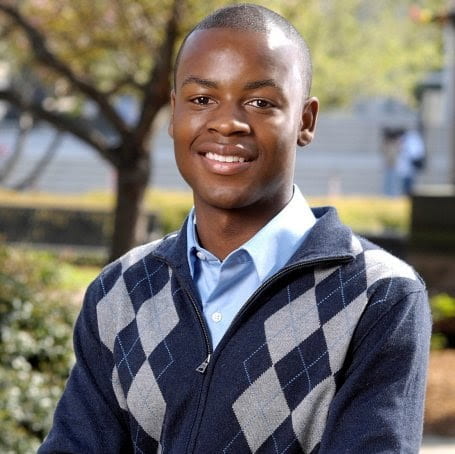 Southern Education Desk, a consortium of public media stations in AL, GA, LA, MS and TN aired
Southern Education Desk, a consortium of public media stations in AL, GA, LA, MS and TN aired 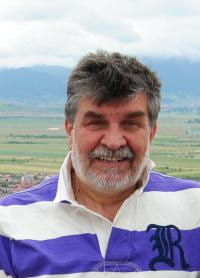 The goal of this study is to develop a new technique that allows accurate sampling of gases and vapors at low levels.
The goal of this study is to develop a new technique that allows accurate sampling of gases and vapors at low levels.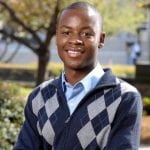 Larry Lawal entered the Alabama Launchpad startup business competition and out of 27 contestants, he made the cut to the Top 10. The Top 10 will be considered for prizes totaling $100,000. Per
Larry Lawal entered the Alabama Launchpad startup business competition and out of 27 contestants, he made the cut to the Top 10. The Top 10 will be considered for prizes totaling $100,000. Per 